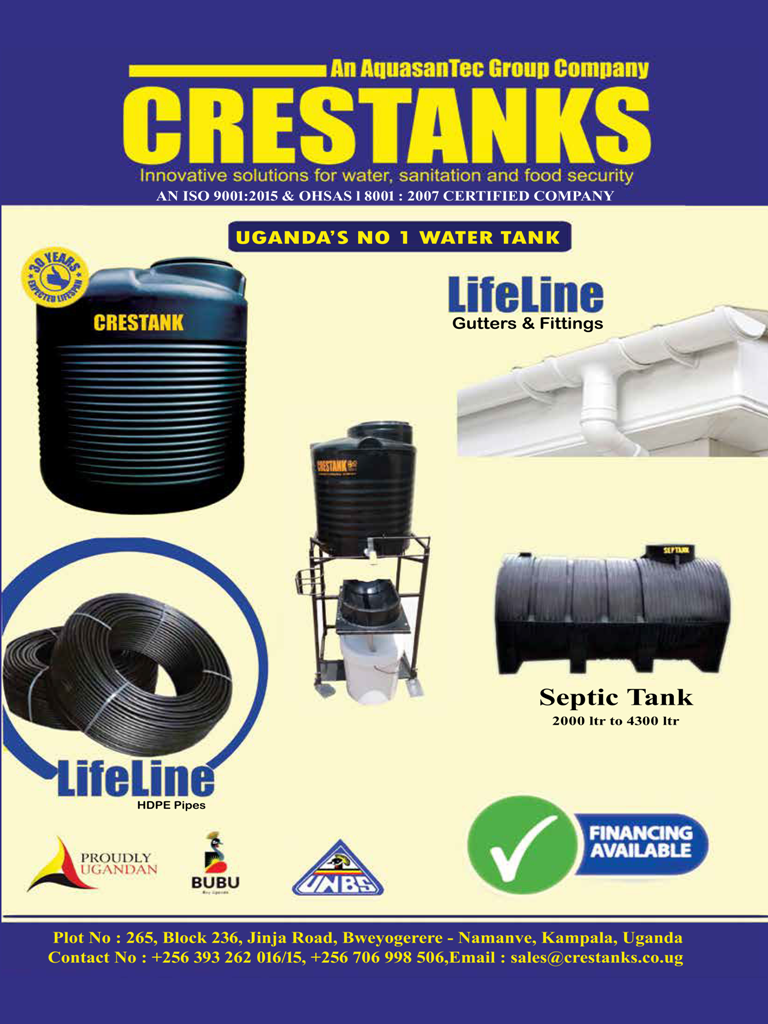For the internally displaced persons in Kanara sub-county, Ntoroko district, misery is not about to end. First, they were displaced by water, next came the latrine crisis punctuated by lack of safe water.
The affected sub-counties include Kajweka, Rwangara, Rwenyana, Kachwankumu and Katunguru. All the water sources have since been submerged by the rising water volumes and residents are in dire need for safe and clean water. In 2019, more than 11,000 households were displaced by the rising water levels of Lake Albert. Simon Kanyoro, the village chairperson of Rwenyana, recently told local media that the makeshift latrines that were constructed in the camp have all filled up. Kanyoro says that the only existing temporary public pit latrine has only two stances that are not enough for the entire community. He is worried about the possible outbreak of diseases.
“We realized as leaders that there could be a disease outbreak due to the poor disposal of human waste, so we mobilized the community to put up this two-stance public pit latrine which is also not enough,” he told URN in a February interview.
As if this is not enough, even the space to put pit-latrines is nowhere to be seen. Gideon Bajenja, the area councilor, said there is inadequate space to construct pit latrines because the water table is very high.
“The water table here is very shallow because the camp is just adjacent to the Lake. Additionally, the camp is too congested without any other space for erecting any structure no matter how small it could be” Bajenja said. Omuhereza Mujungu, one of the landlords hosting the IDP camp, called on the government to consider relocating the flood-affected people to a safe area. “Although we temporarily accepted to host these people on our farmland, they cannot be here forever because they are too congested and due to the poor sanitary conditions now, the place is not habitable at all,” he said. Lilian Kansiime, a mother of seven, said that her husband died in the floods in 2019 and since then she has been struggling to take care of the family. Kansiime said that they were lacking safe water for drinking and that currently they depend on dirty water from the lake. “We dont have latrines and people defecate in the lake and it is that water that we also use for drinking and cooking,” Kansiime said.



















